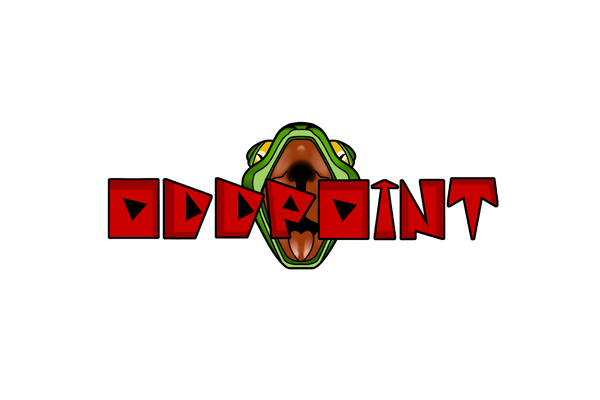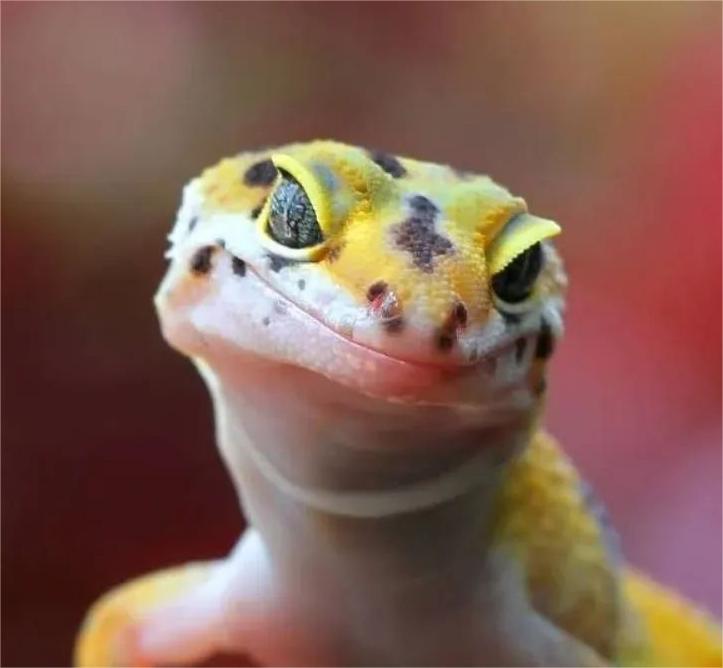Those who are paying attention may notice that many breeders have been emphasizing one important element - vitamin intake.
Why is it important to take vitamins?
What are the effects of vitamin deficiencies?
Why are vitamins so important?
......

Today, we're going to have a brief chat about common vitamin deficiencies in reptile pet ownership and the appropriate measures to improve them 👉
The first one we will introduce to you is the one we are most familiar with - Vitamin D3
All reptiles need vitamin D3, but the intake varies according to their habits, and an overdose can lead to toxicity. There are three things to keep in mind about vitamin D3:
1, All reptile pets with insect-based diets need vitamin D3 (including all guardians)!
2, Do not feed high concentrations of D3 to nocturnal species that are intended for diurnal species!
3, Please do not give high concentrations of D3 for long periods of time to daytime species that have plenty of light!

| Tips for supplementation Purchase a calcium D3 powder with the corresponding concentration according to the species' habits (daytime/nocturnal). Generally speaking, Shoguns need a low concentration of calcium D3 for nocturnal species; Daytime species that are kept indoors under low natural light conditions need a high concentration of calcium D3; For daytime species with good natural light conditions, D3-free/low-concentration D3 calcium powder can be used. |
Vitamins are vital! As it does for humans, Vitamin C enhances blood clotting and boosts immunity. For humans, the main intake of Vitamin C is also from eating fruits, while for carnivorous reptiles, it can only be obtained by ingesting Vitamin C from their prey. Vitamin C deficiency in humans can cause ulcers or sepsis, and the two reptiles are no exception: the US Merck Veterinary Network points out that ulcerative stomatitis, which is common in snake and lizard diseases, may be related to vitamin C deficiency.

|
Tips for supplementation Regular intake of fresh fruit is fine for omnivorous species; for carnivorous species regularly (1-2 times per month) you can apply a powdered vitamin for reptile pets to the surface of the food. Although human Vitamin C tablets can be used, it is difficult for the average person to control the dosage, and excessive intake may lead to toxicity! |
Vitamin A has been shown to play a crucial biological function in reptile survival, Singaporean researcher Shangzhe Xie suggests in his paper. Vitamin A plays a role in regulating epidermal growth and maintaining healthy mucous membranes. When vitamin A is insufficient, it leads to dry, lackluster skin and flaky skin.
Vitamin A deficiency is also relatively common in tortoises, with the main symptom being a hardening and thickening of the mucous membranes, such as swollen eyelids, tortoise "parrot beaks" or ear abscesses. In addition to supplementing with Vitamin A, it can also be improved by ingesting beta-carotene (dietary enrichment) Vitamin A also improves vision, which is important in species that rely on their eyesight for mobility.
Of course to get day reptiles to see well (such as bearded dragon, anole, jewelled lizard, etc.), Vitamin A intake alone isn't enough - you also need enough daylight! To be precise it should be UVA from daylight.
For daytime reptiles to see well, it's not just about "brightness", it's about UVA, because the reptile's visual system relies on UVA for color rendering, and in environments that lack UVA exposure, their ability to distinguish between things is greatly diminished.

Therefore reptiles hunt not only rely on dynamic vision and smell, the color of the food is also critical to them - for example, if the bright green vegetables and bright red meat have become gray, or even not the original color, you will still have an appetite? Therefore it is not enough to rely on incandescent lamps and LEDs to enhance the visual brightness of the human eye, as long as the lamps do not contain UVA in their spectrum, they are not suitable for daytime reptiles. Long-term feeding in such an environment will easily lead to loss of appetite, which in turn will lead to malnutrition and immune system diseases.
Vitamin B1 is responsible for energy metabolism and proper functioning of the nervous system. Crucial to fish-eating species, a deficiency of B1 can lead to neurological disorders such as keratitis, blindness, and strabismus.
Since fish guts contain an enzyme called thiaminase, the enzyme inactivates vitamin B1, thus rendering it useless. As a result, the disease is particularly common in fish-dominated water turtles and fish-eating snakes (e.g., water snakes, girdled snakes, tiger swimming snakes, etc.). Vitamin B1 deficiency can cause neurological disorders such as inability to maintain balance (hyperextension of the body) slanting of the neck (abnormal head position), weakness, sinking of the eyes into the sockets and convulsions and head tremors; in snakes, the body may be flipped backward and convulsions may occur.

Frozen greens (especially leafy greens) can also lead to B1 loss, so vegan species that consume frozen vegetables for long periods of time can also suffer from vitamin B1 deficiency.
And the enzyme thiaminase, which causes the loss of Vitamin B1, is heavily enriched in marine fish, as well as in smaller carp such as goldfish!
The main function is to protect red blood cells and help prevent the destruction of vitamins A and C. According to Joerg Mayer, M.D., polyunsaturated fatty acids deplete animals of vitamin E. Sea fish and fattier rodents have high levels of polyunsaturated fatty acids, which is exacerbated by improper storage of these foods. Vitamin E deficiency has been linked to "fat death" (yellow fat disease), which has been rumored among toy snake and turtle keepers.
|
To summarize Vitamin A and Vitamin C can be supplemented through daily diet or by purchasing special vitamin powders. Vitamin B1 and Vitamin E can be prevented by avoiding "zombie meat", fatty rats and marine fish. Vitamin D needs to be supplied in concentrations that are appropriate for the needs of the specific species. Vitamin issues may seem complex, but in reality it is just a matter of watching what you eat and drink. It's all about prevention, not just a temporary fix after a neurological disorder has developed! These are just a few of the common questions about vitamins, so feel free to bookmark them for future reference! |


1003 commentaires
AciWgOSL
tKzLkvmRIJhyc
jacvzRPkC
oMWFpCDQeVGgywH
NmrdMSGJsZngIPcW